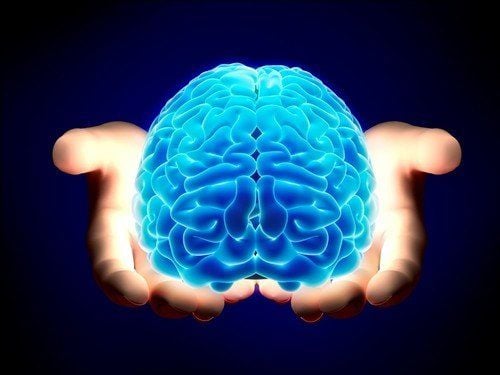The article was professionally consulted by Doctor Le Van Quang - Ear, Nose and Throat specialist - General Surgery Department - Vinmec Nha Trang International General Hospital. BSCKI. Le Van Quang is an expert in the field of Ear, Nose and Throat with 15 years of experience.
Brain abscess due to ear infection is a rare disease but has a high mortality rate. If not treated promptly, it can cause serious complications for the patient. Therefore, it is very necessary to proactively learn about knowledge related to this disease.
1. Why does ear infection cause brain abscess?
In developed countries, there are almost no cases of patients with brain abscess due to ear. However, in developing countries, including Vietnam, the rate of patients with brain abscess due to ear is still high, accounting for 40-50% of cases.
Ear infections can cause complications in the brain because the brain tissue is very close to the ear, in some places the meninges are only 1 mm away from the ear by the bone wall, and in some places it's only 0.5 mm.
Infections from the ear mucosa, mastoid bone go through the osteomyelitis path, the bone is destroyed, go through the blood vessels of the gap into the dura causing brain damage, including brain abscess.
Infections from the ear follow the blood to the brain. Common dangerous complications due to ear infections include: brain abscess, meningitis and tympanic phlebitis.

2. Signs of brain abscess due to ear infection
In the early stages, the most common sign of patients with brain abscess due to ear infection is mild to severe, long-lasting headache. At this stage, patients often do not pay attention because there are very few symptoms of the disease.
As the brain abscess progresses, the clinical manifestations focus on the following 3 main syndromes:
Syndrome of increased intracranial pressure:
- Headache, increasingly severe, may be localized on one side or only in the occipital area. Occasionally, the patient hits his head with his hand.
- Mental lethargy, sluggishness, stuttering, not wanting to communicate with others.
- Irregular pulse, sometimes fast, sometimes slow.
- Eye papillae edema, there may be unilateral or bilateral papillary edema
- Vomiting
- Unsteady walking due to dizziness.
Infectious syndrome:
-High fever
-White blood cells increase when there is a high fever
-Rapid weight loss
Focal neurological syndrome:
- Often occurs late due to brain abscess causing paralysis of the opposite side of the body, ophthalmoplegia, partial or complete convulsions, and aphasia.
- In patients with cerebellar abscess: Unsteady gait, frequent falls, hand tremors when moving, dysmetria, hypermetria, nausea, difficulty swallowing…

If not diagnosed and treated promptly, the mortality rate of patients due to ear infections causing brain abscess is very high. Therefore, when patients see any signs of ear infection, especially otitis media with pus, they need to go to a medical facility immediately for timely diagnosis and treatment to avoid dangerous complications such as brain abscess.
To arrange an appointment, please call HOTLINE or make your reservation directly HERE. You may also download the MyVinmec app to schedule appointments faster and manage your reservations more conveniently.













